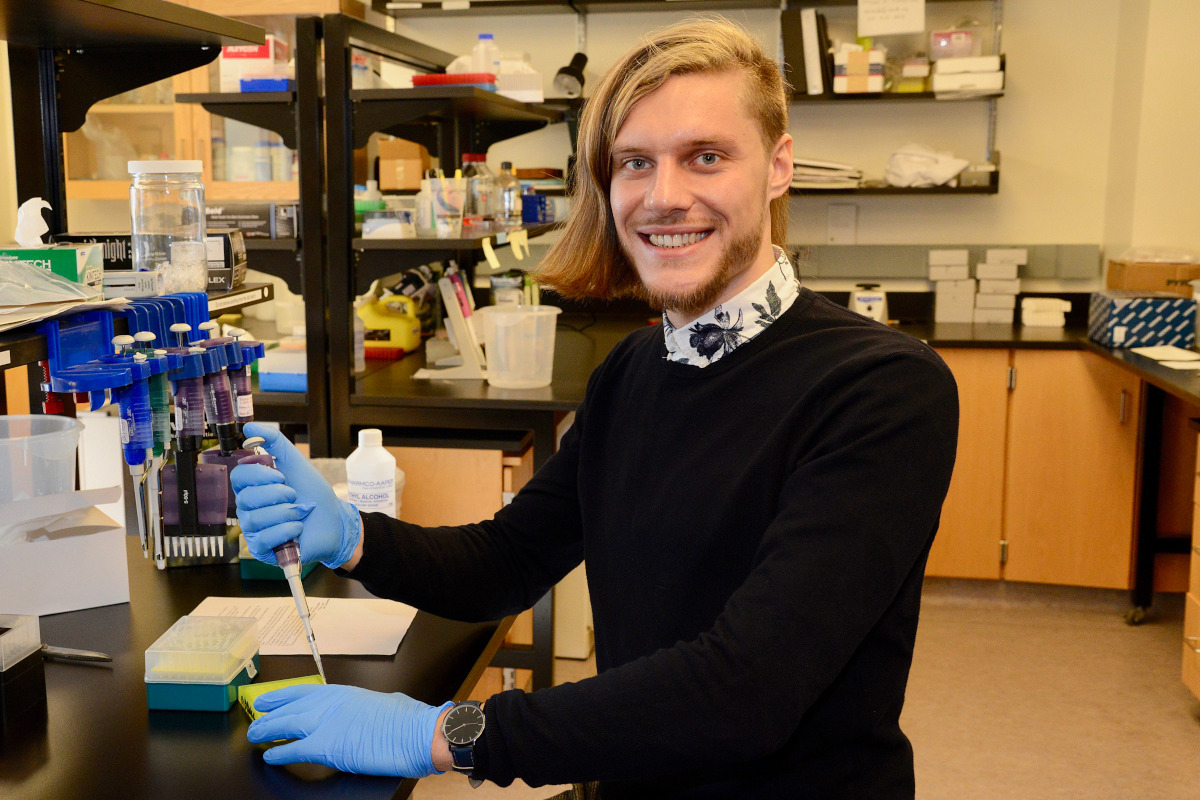COURSE INSTRUCTOR
Johannes Neumann

Johannes Neumann is an evolutionary and molecular biologist with a passion for marine biology, ecology, and the theoretic aspects of evolution. He is fascinated by the ways that evolution works on the genes and structures of organisms and much of his research focuses on how animals diversified into all the complex forms that we see today.
In his PhD studies, he investigates early animal evolution via three methodologies: Phylogenomics, Transcriptomics, and an innovative combination of morphological with molecular data. Additionally, he researches whether or not higher level taxonomy is scientific or biased using software he wrote with high school students. He is also fascinated by symbiosis and ecology, and researches host-symbiont relationships (e.g. crayfish worms; the bacteria living in placozoan cells), as well as bacterial ecology using metagenomics. He enjoys thinking about the big picture of evolutionary theory and how much our current system of naming and cataloguing biodiversity actually represents the history of life.
Johannes goes diving off the coasts of five continents to collect samples, and wherever he goes, he likes to learn from locals and teach students what he knows. He analyzes the samples using state-of-the-art technologies of next-generation sequencing and bioinformatics.
Johannes' heart also beats strongly for topics of conservation and he loves working toward finding ways to reach sustainability, including projects with local communities in Central America and East Africa.